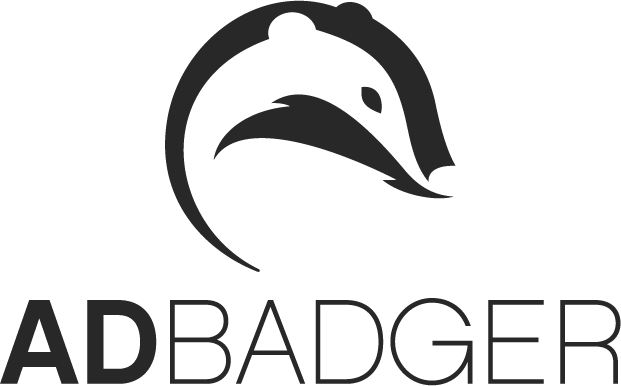Certainly, grouping keywords effectively is crucial for successful PPC campaigns. While we can provide a brief overview, we recommend consulting specific resources and guides for more in-depth information on this topic.
Keyword Research: Start by conducting thorough keyword research to identify relevant keywords related to your products or services. Tools like Google Keyword Planner, SEMrush, or Ahrefs can help you discover valuable keywords.
Segment by Relevance: Group keywords based on their relevance to each other and to the products or services you're advertising. Create ad groups around specific themes or product categories.
Match Types: Pay attention to keyword match types (broad, phrase, exact, etc.). Group keywords with similar match types together to control how closely your ads match user queries.
Negative Keywords: Include negative keywords in your ad groups to filter out irrelevant traffic. This ensures your ads are shown to the most relevant audience.
Ad Copy Alignment: Ensure that the ad copy in each ad group aligns with the keywords in that group. This improves the quality score and ad relevance.
Monitor and Optimize: Regularly review your campaign performance. If certain ad groups or keywords are underperforming, consider adjusting bids, refining ad copy, or even pausing keywords that aren't generating results.
Use Keyword Tools: Many PPC management tools offer features to help with keyword grouping and organization. Explore these tools to streamline the process.
Industry-Specific Guides: Depending on your industry and platform (Google Ads, Bing Ads, Amazon PPC, etc.), there are often industry-specific guides and best practices available. These can provide valuable insights into effective keyword grouping.
Remember that effective keyword grouping is an ongoing process. Continuously analyze and optimize your campaigns based on performance data to achieve the best results. With Ad Badger we simplfy the process so you have less to worry about.

